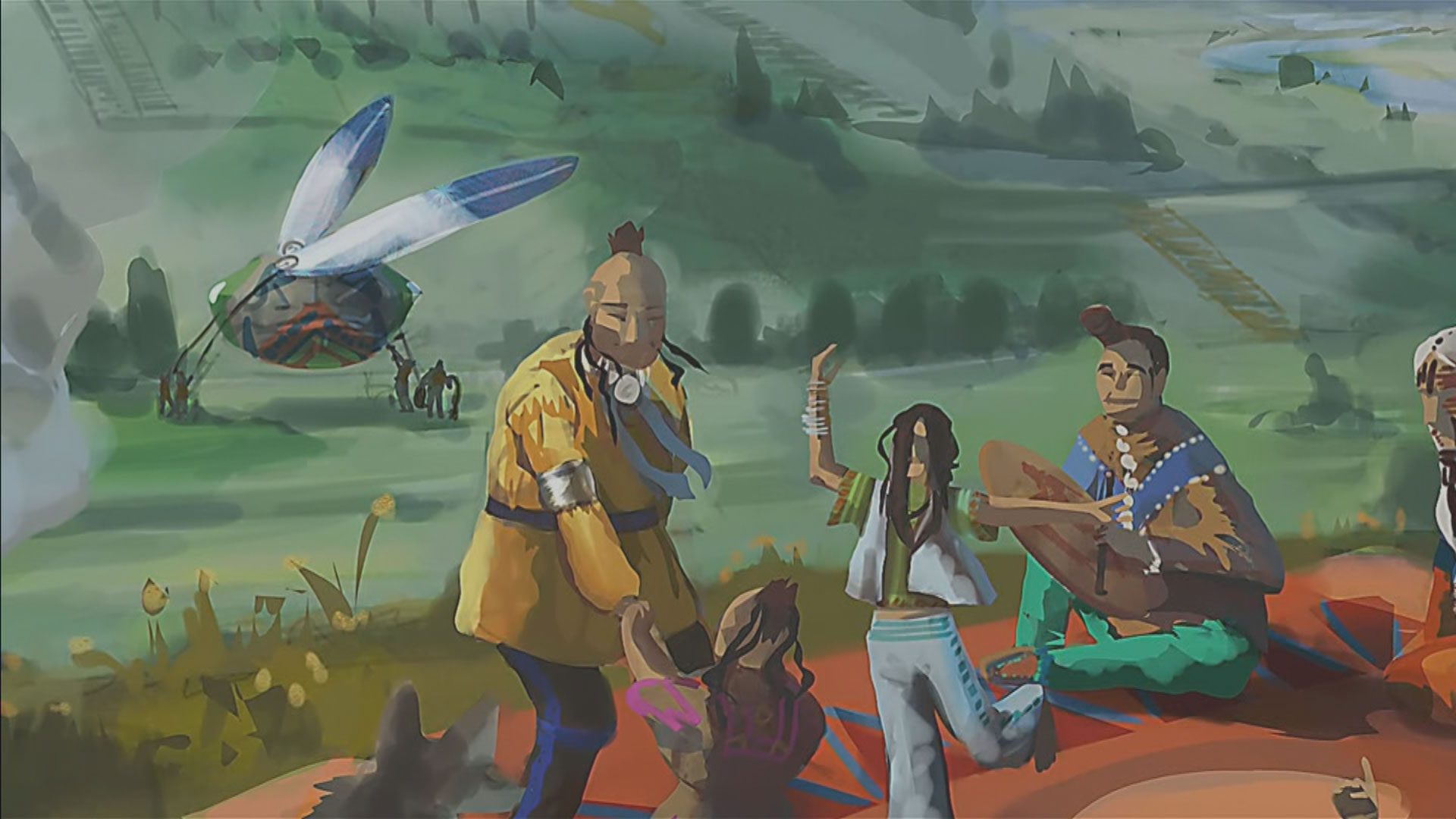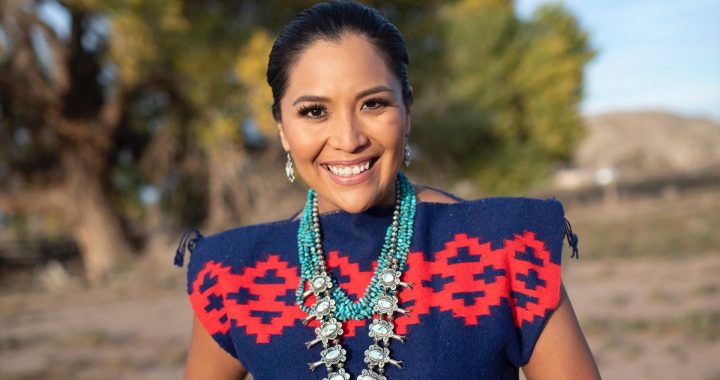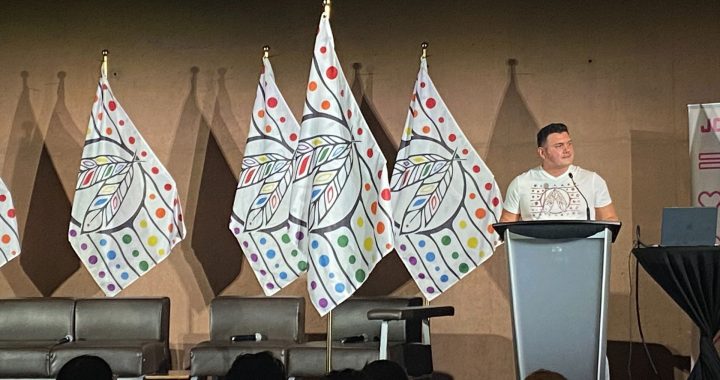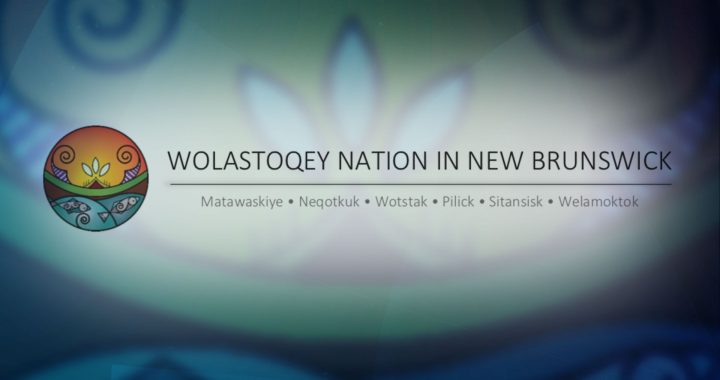Tabletop role-playing games are fun but some Indigenous players find it tough to be represented in the space.
“It’s a white man’s hobby,” says Connor Alexander, a member of the Cherokee Nation of Oklahoma and tabletop game designer.
“I can’t count how many times I would see games designed by white people for white people with Native or First Nations or Indigenous representational themes strapped onto those games.”
So Alexander is working towards more proper Indigenous representation in the board game community.
“I wanted Indigenous folks to feel a sense of optimism and hope in this game,” he says.

He created Coyote & Crow in March 2021 as a role-playing game similar to Vampire: The Masquerade and Dungeons and Dragons.
His game takes place in an alternate history of North and South America, splitting the timeline in the 1400s and writing the Americas as decolonized.
“I don’t want it to be a challenge or enemy – I just want it gone,” he says.
But creating a decolonized history of the world was difficult given the smallest element can turn out to have a colonized history.
Anderson says his game is more than your standard monster-of-the-week game. He didn’t design “spirits or creatures to automatically be evil or good.”
Players
He says he’d rather see players seek out answers to their conflicts rather than fight them out.
In Alexander’s world, players can take on many challenges in all sorts of stories from murder mysteries to political dramas.
They can even decolonize other games if they “question everything,” he adds.
His next project – The Stories of the Free Lands – is a way to help fund the expansion of Coyote & Crow, which would feature 10 new stories written by 10 Indigenous authors and illustrated by 10 Indigenous artists.










